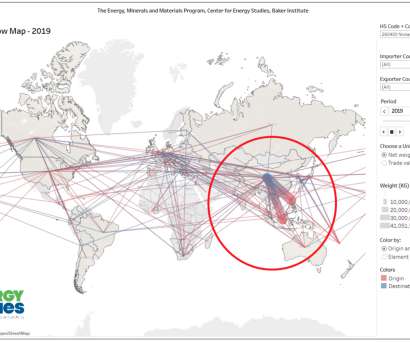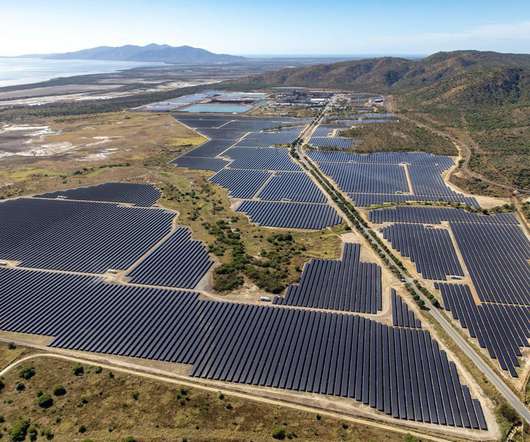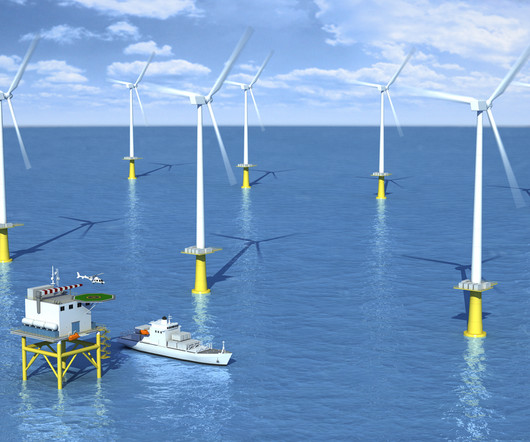Baker Institute report: China has positioned itself as a gatekeeper to the energy transition; nickel case study
Green Car Congress
APRIL 21, 2022
The global push to convert the world to electric vehicles will cause supply chain complexities that could undermine the alternative energy transition in the United States, according to a new report from Rice University’s Baker Institute for Public Policy. The detailed report— Need Nickel?














Let's personalize your content